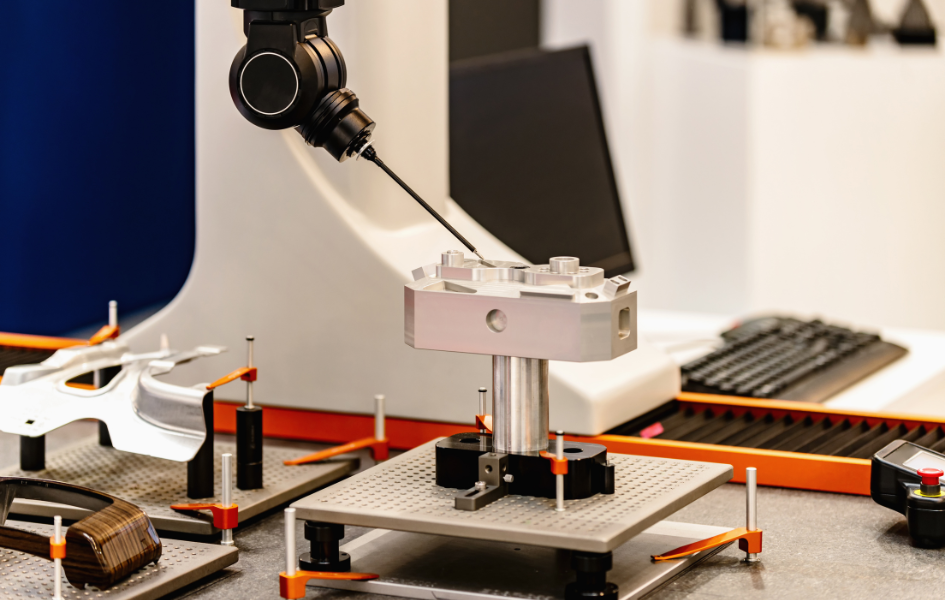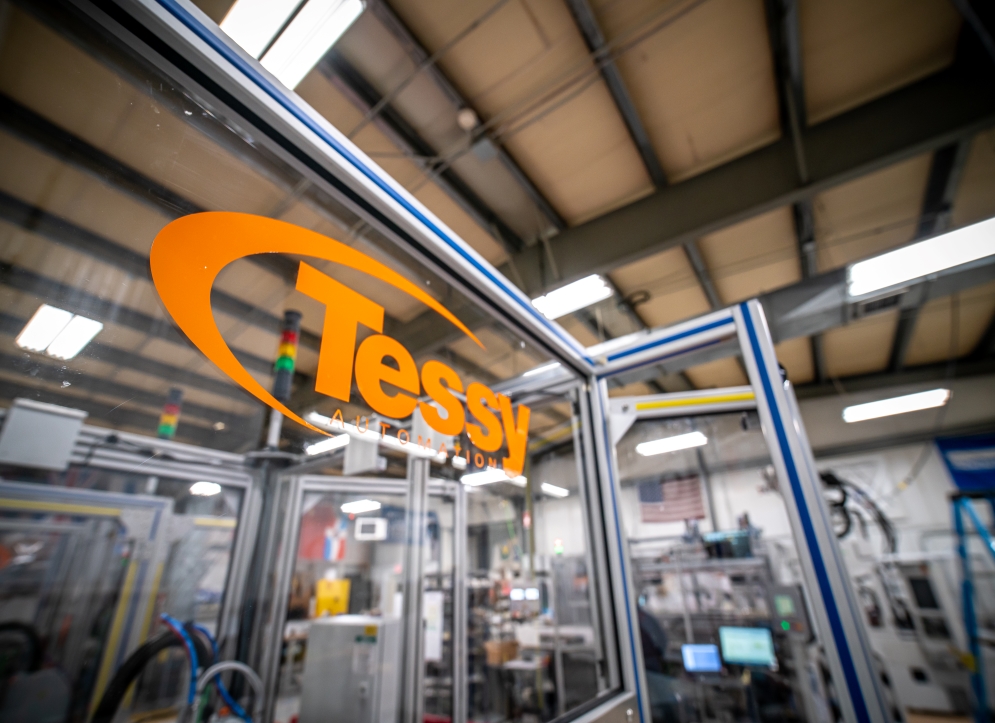FDA Drafts Ai-Enabled Medical Device Life Cycle Plan Guidance
Tessy Industrial Automation Digest
This edition of the Industrial Automation Digest covers four articles that highlight the integration of modern technologies in healthcare, such as machine learning, AI, and smart manufacturing, to improve efficiency, effectiveness, and safety. The first article discusses FDA’s draft guidance for life cycle controls in machine learning-enabled device software functions. The next article explores the potential impact of smart manufacturing on healthcare and the challenges to its adoption. This is followed by a focus on the evolving career path of regulatory professionals and the impact of AI-based automation. The final piece emphasizes the importance of proper labeling in the medical device industry. These articles provide insight into the transformative potential of modern technologies in healthcare and the importance of regulatory compliance and continuous learning.

FDA Drafts Ai-Enabled Medical Device Life Cycle Plan Guidance
In a recent development, the Food and Drug Administration (FDA) has announced the availability of draft guidance for life cycle controls in machine learning-enabled device software functions. The proposed guidance aims to ensure that AI/ML-enabled devices can be safely, effectively, and rapidly modified, updated, and improved in response to new data. The FDA’s predetermined change control plans include a detailed description of planned modifications, an explanation of the methodology for developing and implementing those modifications, and an assessment of the benefits and risks of planned modifications. This guidance is intended to facilitate the rapid and regular improvement of AI/ML-enabled device performance across diverse populations while addressing critical performance considerations.

Can Manufacturing Technology Enhance Healthcare?
The healthcare and pharmaceutical industries have the potential to benefit greatly from modern manufacturing technology. Intelligent manufacturing products, such as the Factory of the Future approach, can provide insights and predictions that improve efficiency, transparency, and effectiveness. However, there are challenges to overcome, including talent, regulations, and silos. This article explores the potential impact of smart manufacturing on the healthcare sector, as well as the challenges that must be addressed to achieve widespread adoption. It also discuss the transformative potential of intelligent manufacturing technology and the benefits it can provide to businesses and patients alike.

Ai and The Evolving Career Path of Regulatory Professionals
The impact of robotics and artificial intelligence (AI) on the job market is a topic of growing concern, and it is increasingly clear that even specialist roles are at risk of being impacted by AI-based automation. In the regulatory and medical affairs fields, AI is already beginning to impact junior roles and is set to have a more significant impact as both functions continue to grapple with growing complexity. This article examines the potential risks and opportunities associated with the evolving career path of regulatory professionals as AI becomes more prevalent in the industry. It also discusses the importance of staying up-to-date with developments in data science and AI to remain competitive in the job market.

Importance of Labeling in The Medical Device Industry
In the medical device industry, proper labeling is of utmost importance to ensure the safety of medical personnel and patients, as well as the usability of the devices. Medical device labels provide critical information on usage, warnings, and other key details that are essential for proper device handling. However, even small mistakes in labeling, such as unclear fonts, poor visual design, or incorrect language usage, can significantly reduce the effectiveness of the label. To avoid such issues, it is crucial to follow regulatory requirements and standards, use modern technologies for labeling, conduct thorough label design and placement, and carry out usability testing. In this article, we explore the importance of labeling in the medical device industry and provide steps to avoid common labeling mistakes.

Making Automation Work for You
As evidenced by these trends, the most critical factor when considering an automated system is whether it’s equipped to meet your company’s and industry’s specific needs. And with the flexibility to adapt to nearly any product, automation is a clear solution for advancing your business priorities.
If you’re interested in learning more about industrial automation systems, you can find more news and resources here.
